22 May 2012 will be a day to remember for Kenyan medic Moragwa Oirere and three of her colleagues, as it is the day that they were kidnapped by armed militia in Afghanistan.
The four were employees of Medair, a Switzerland-based aid group, who were in Afghanistan to offer aid services. Oirere was in the company of Helen Johnston, a British national, and two local workers who acted as their guides.
Johnston and Oirere who were heading to relief project sites in Badakhshan, a remote province in Northeastern Afghanistan, when they were ambushed by armed militia and held in caves, even as the group demanded ransom for their freedom.
The kidnapping prompted a commander of the then International Security Assistance Force (ISAF), a multinational military mission that operated in Afghanistan from 2001 to 2014, to swing into action and create a plan for the group to be rescued.
A team from the British and the United States special forces, popularly known as Navy Seals, was put together and charged with the mission of rescuing the kidnapped individuals.
Moragwa Oirere and Helen Johnston
Being a mountainous and remote terrain, the mission was difficult as the soldiers were not familiar with the terrain and did not want to lose their element of surprise, which would have placed the hostages in great danger.
To get an understanding of the area, the special forces conducted surveillance for over 10 days using drones that had full motion video and laser sensors, which detected and provided a live feed of where the hostages were being held and the number of the kidnappers.
Using the cover of darkness, the special forces descended on the area, with reports indicating that American helicopters transported the soldier to the area where the hostages were being held.
American forces reportedly engaged Taliban fighters while British counterparts traversed the caves and got the hostages out of danger.
Media reports indicate that at the end of the operation, five assailants had been killed, but there were no fatalities on the side of the soldiers.
The Afghan locals, whose identity was not revealed for security purposes, were ferried back to their homes. At the same time, Johnstone was flown back to Britain and Oirere flew back to Kenya, where she reunited with her family.
Speaking after the operation, Lt Gen Adrian Bradshaw, former ISAF deputy commander, hailed the special forces for conducting the risky operation and bringing the hostages back to safety.
"They had to cover the ground very rapidly... The terrain was incredibly difficult, very rocky, with scrub, in a deep gully - it was about the most testing target you could imagine. It takes real skill, and there's real risk involved in this sort of operation, and we wouldn't have done it were there not a very clear threat to the lives of the hostages, which there was," he said.
On his part, former British Prime Minister David Cameron said he approved the mission after learning that the risk against the four hostages was increasing with each passing day.
"The risks to Helen and her colleagues were getting worse all the time as more and more Taliban were getting involved, and the risks to her life were indeed getting greater," he said.
Through the Ministry of Foreign Affairs, the Kenyan government appreciated the joint special forces for conducting the operation and saving the hostages.
Oirere arrived back in the country on 2 June 2012 and was received by her family and officials from the British High Commission in Kenya.

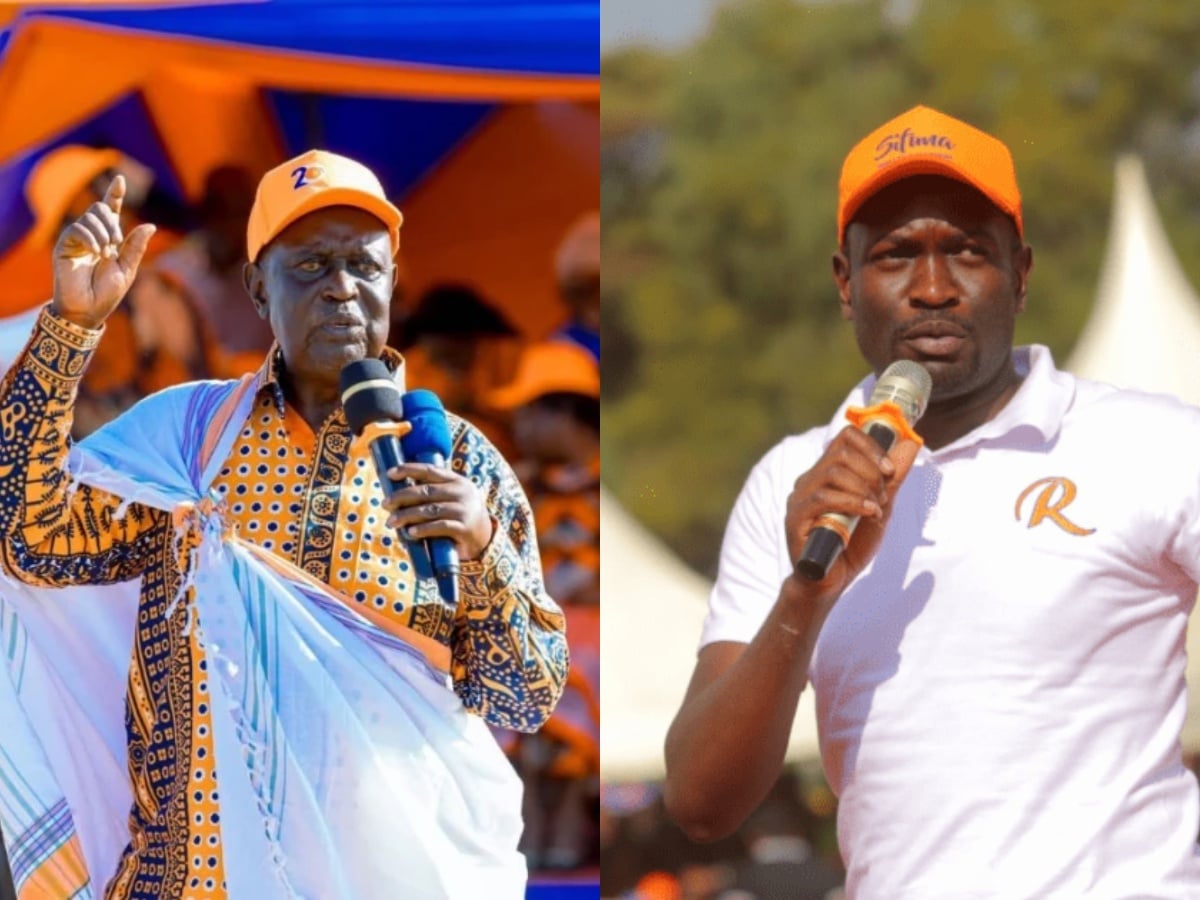

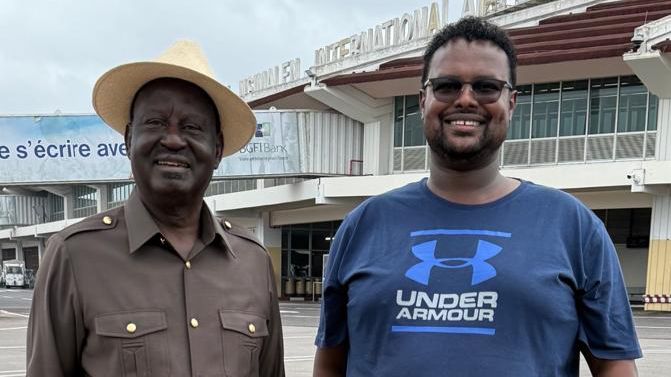
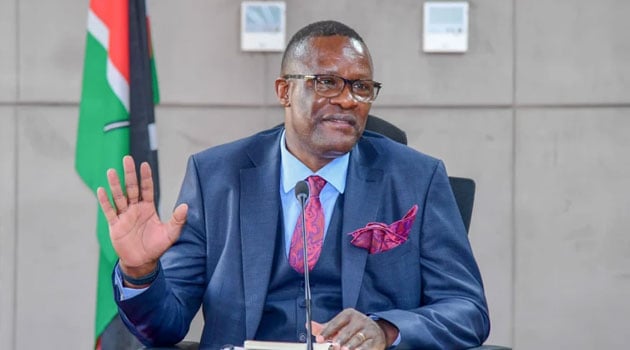

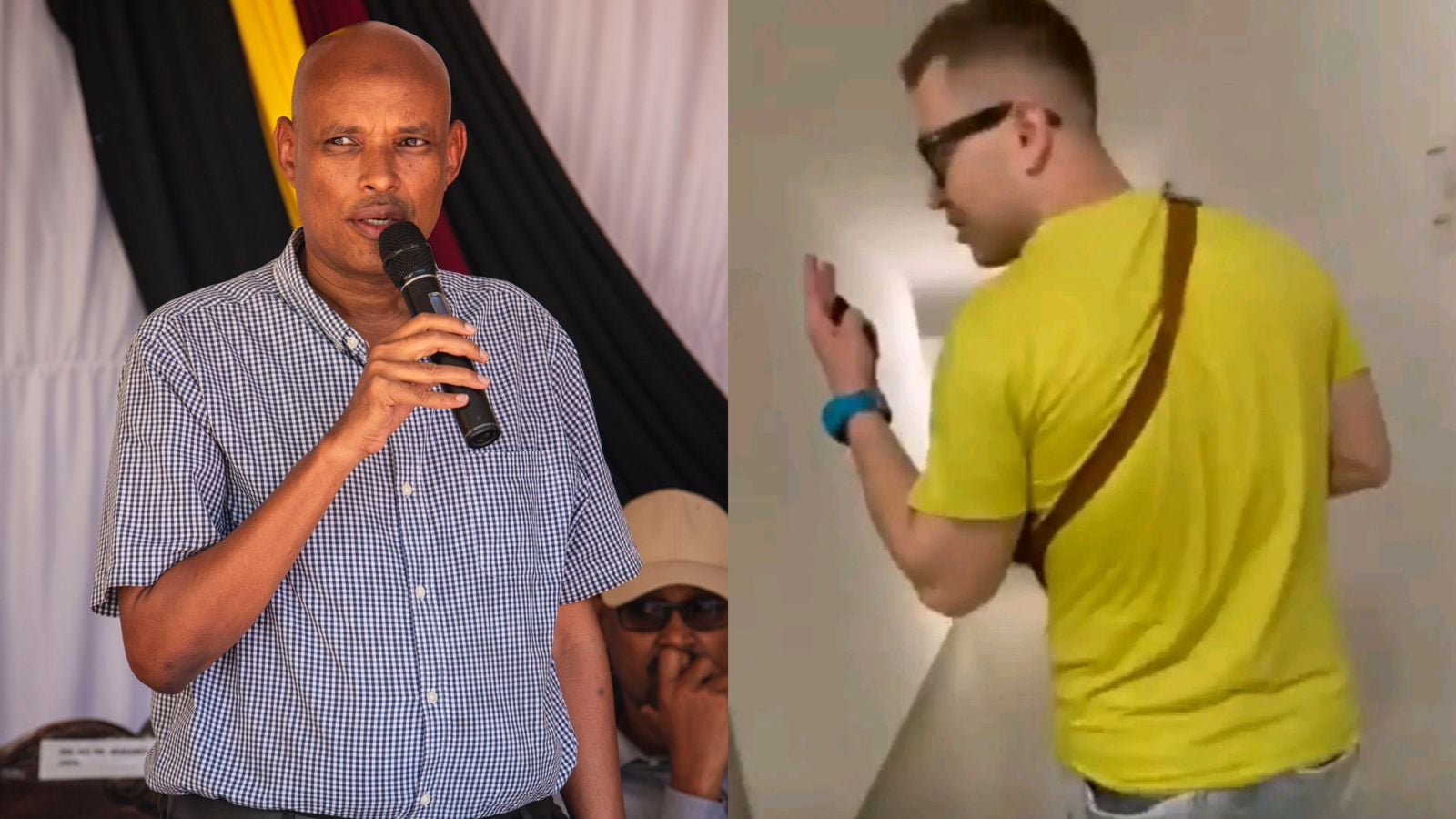
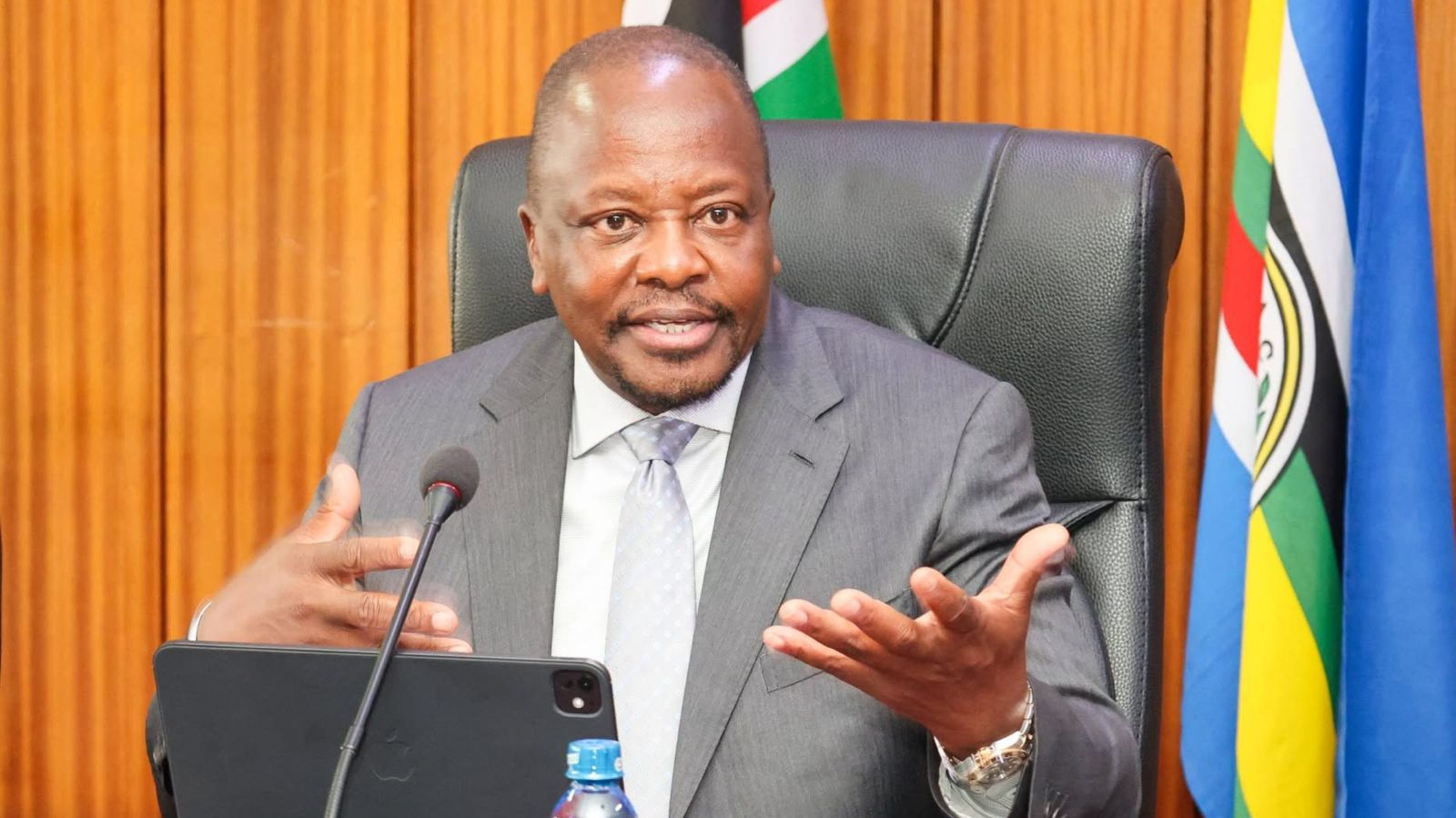
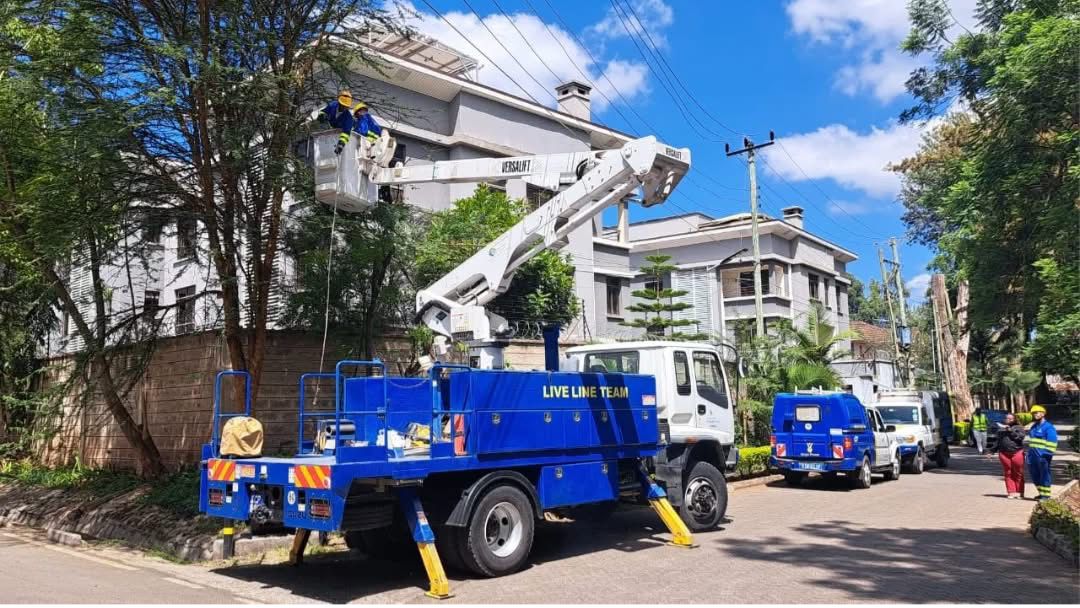
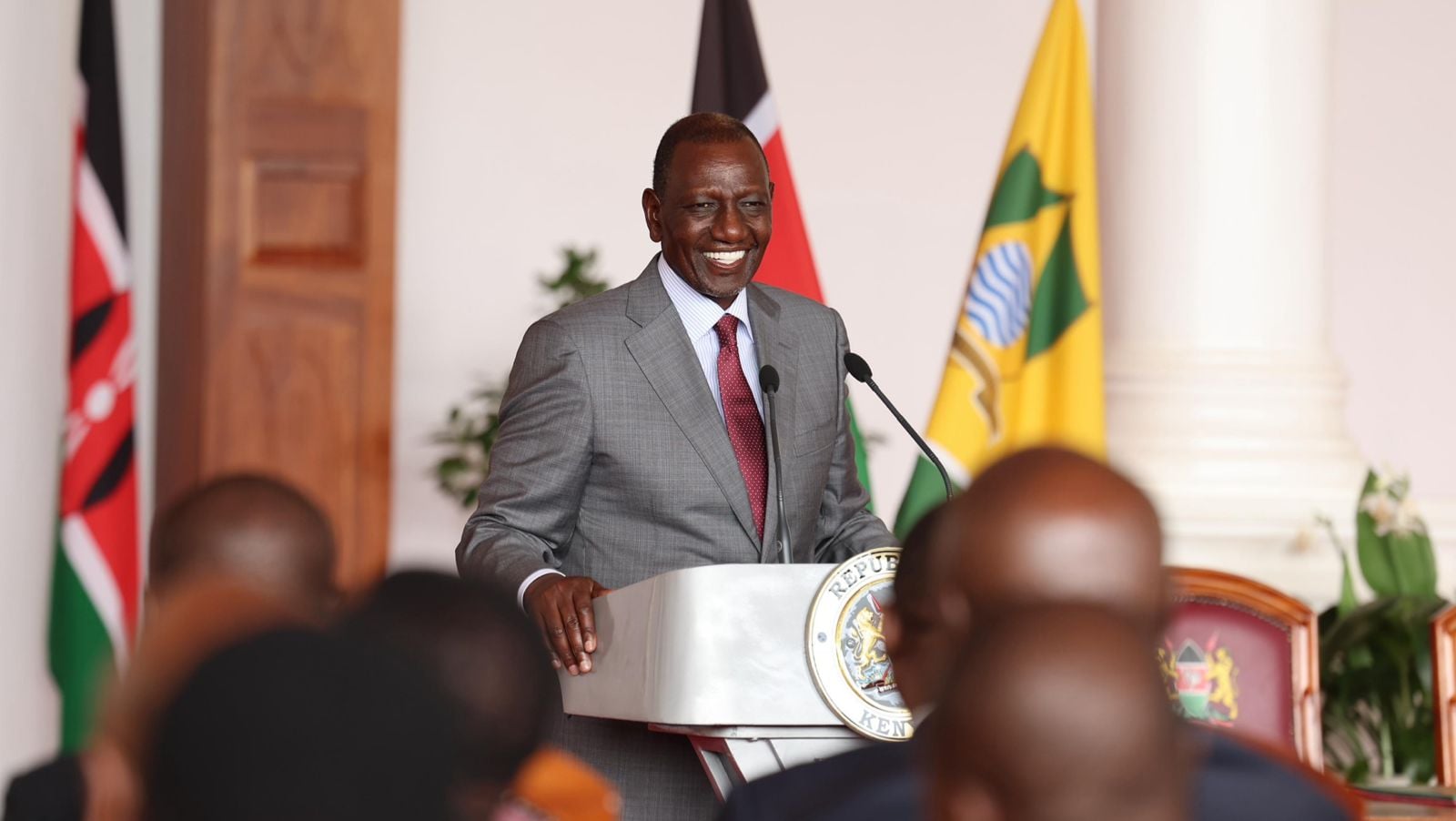
-1770784420.png)